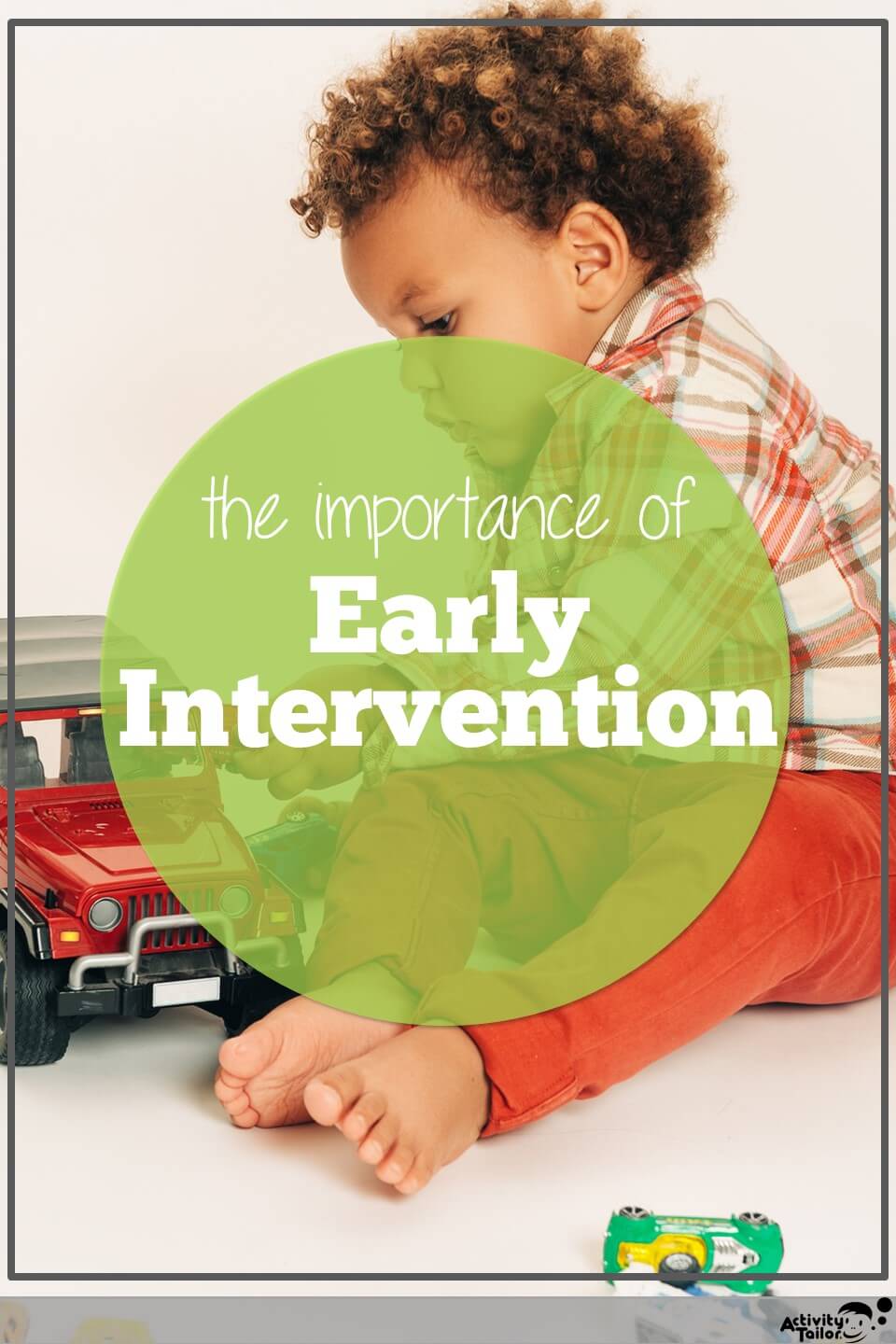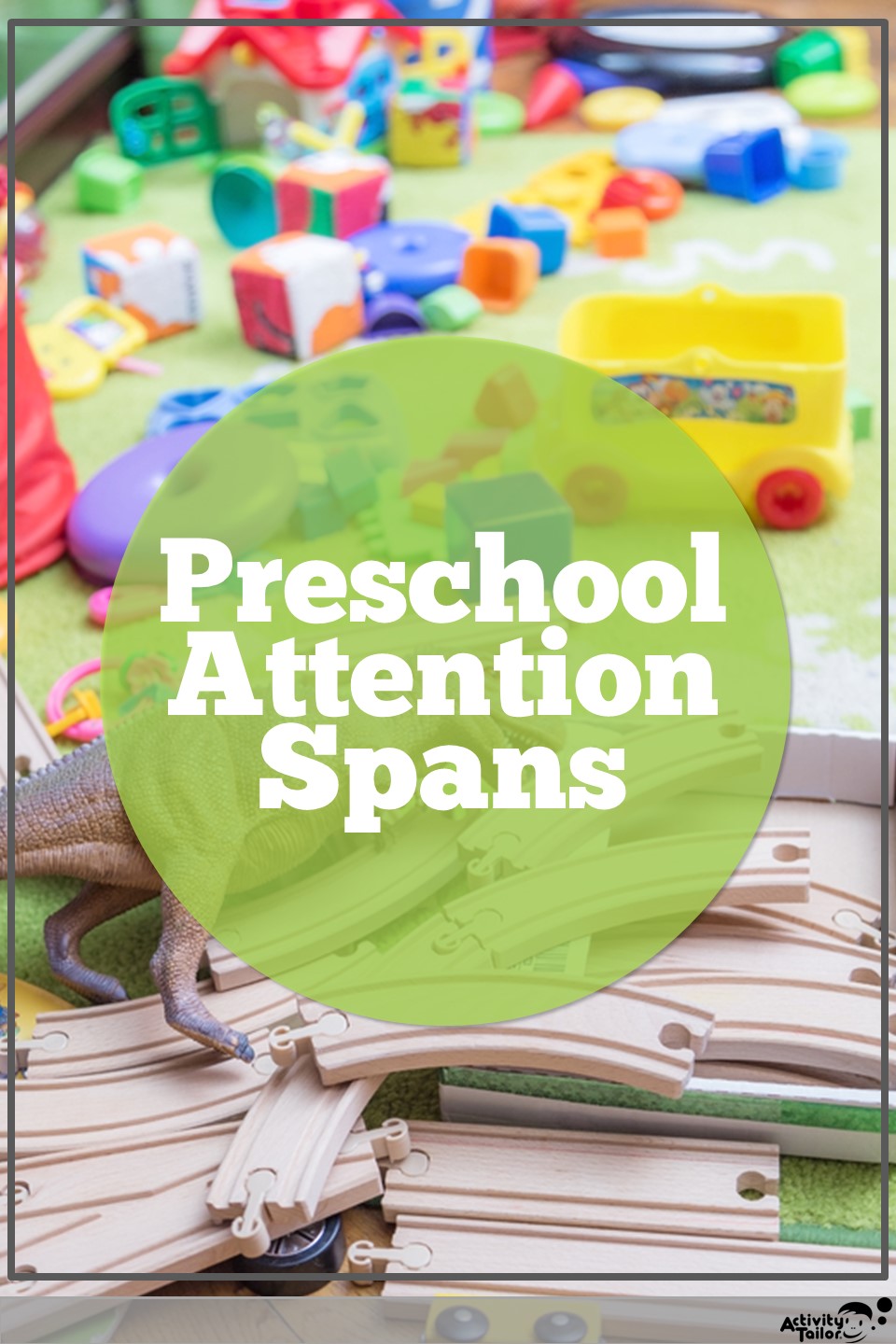 How to maintain your momentum as an SLP for over 20 years
How to maintain your momentum as an SLP for over 20 years
If you are in any of the SLP Facebook groups, you’ll notice an inordinate number of posts about SLP burnout. For those new to the field, or looking to get into the field, it can be discouraging. Who wants to spend a few grueling years in graduate school, acquiring school debt, only to feel defeated within the first several years of employment?
Or maybe you’re watching the end of the summer approach faster than you can believe and wonder if this school year will be as bad as the last.
On the other hand, you’ll always see some post responses from retired or soon-to-retire therapists who say they’d go back and do it all again. How can you be one of the ones that maintains their momentum (and sanity)?
As one of the happily-do-it-again bunch and past the 20-year mark, here are my strategies. (I’m a pediatric SLP who works for themselves and contracts with local private schools and families.)
Start by building your resilience
Balance: Speech-language pathology, like most things, is a career that benefits from balance. Prioritizing your own health (mental included), family/friend connections and outside interests is especially important when you work with people. And you need regular life experience outside of the profession to better relate to the clients you serve.
Remember your why: Most of us get into the field with a very specific idea of who we want to serve or how we want to serve them in mind. Stay in touch with the idealistic student within you.
- Write down all the reasons you applied to a communication disorders program and revisit it regularly.
- Volunteer with a group that allows you to serve without the additional administrative baggage.
- Consume inspiring stories! Try the Xceptional Leaders podcast
Tips to avoid SLP burnout
Actually take breaks: Spending the weekend thinking about work you should be doing, but just not doing it, is not a break! Get in the habit of putting down work even, maybe especially, when there is more to do. It’s unlikely you’ll ever cross everything off that to-do list. Make peace with unfinished lists.
Focus on connection: When you’re with your clients, focus on connection before anything else. When we see the person in front of us and don’t spend most of our attention on brainstorming remediation, you’ll find sessions less depleting.
Scrap or minimize social media: Love to scroll through IG? Me too. I follow loads of dog accounts (mostly senior rescue) that make me smile. And I follow some teacher and SLP accounts for inspiration. But I don’t have a feed loaded with gorgeous therapy plans and projects. It’s too much pressure and distraction. So either set a timer for how long you scroll, or start hitting delete on the accounts that don’t help you.
Choose an area of expertise, then change it: The field is huge, too huge for anyone to get their arms around all of it. So don’t. Choose an area of you want to become more expert in. Be specific with yourself–school aged stuttering, literacy skills, pediatric feeding—and do a deep dive in. Tackle the research/learning. Gain enough experience to feel proficient. Switch your focus before your interest wanes. Staying fresh and in “beginner mode” in some areas keeps your curiosity piqued.
Lower expectations: If you had a 25-year-old daughter and she worked the way you did, what would you tell her? Probably to value and respect herself. You need to start taking your own advice!
Stay in your lane: Most of us in the field are generalists. We see a wide range of clientele. We know about a lot of stuff, some at a greater depth, some more on the surface. This is similar to a primary care physician. Don’t make the mistake of thinking you need to everybody’s specialist. It isn’t sustainable! Do your best with what you currently have and refer when needed.
Outsource what you can: Sometimes this looks like hiring a cleaning service or getting meal kits for a couple nights a week. Sometimes this looks like purchasing items you know you could make yourself because it’s already been done.
Respect yourself enough to walk: If your job doesn’t fill you with joy on a regular basis, it’s time to find a new job. Sometimes this mean considering a job outside of our field. Be open-minded to new opportunities.
More resources to help you avoid SLP burnout
- Sis, You Got This! From Surviving to Thriving as a Minority Speech-language Pathologist
- This SLP Life
Got ideas of your own to share? Leave a comment below.


 How to maintain your momentum as an SLP for over 20 years
How to maintain your momentum as an SLP for over 20 years



